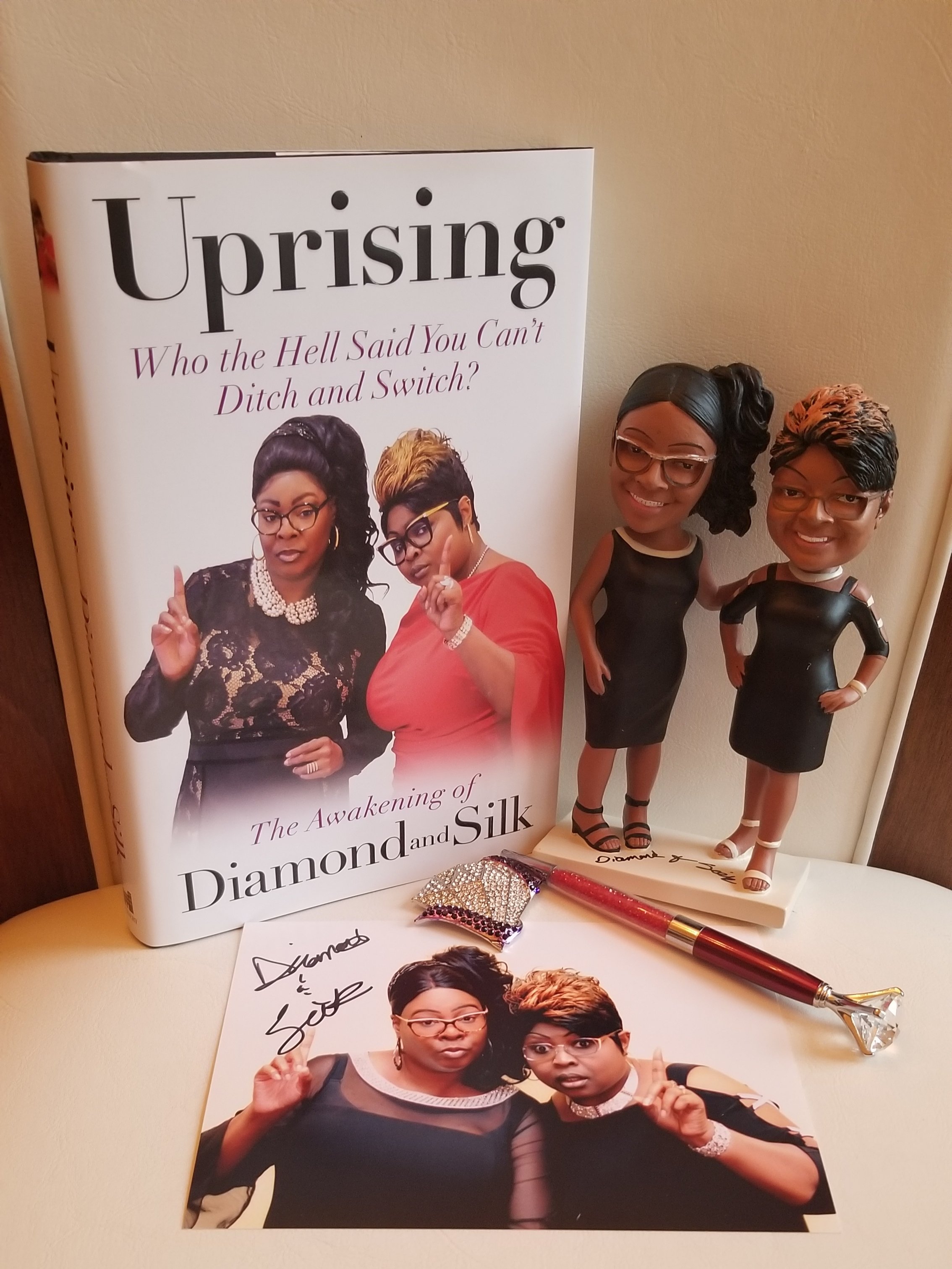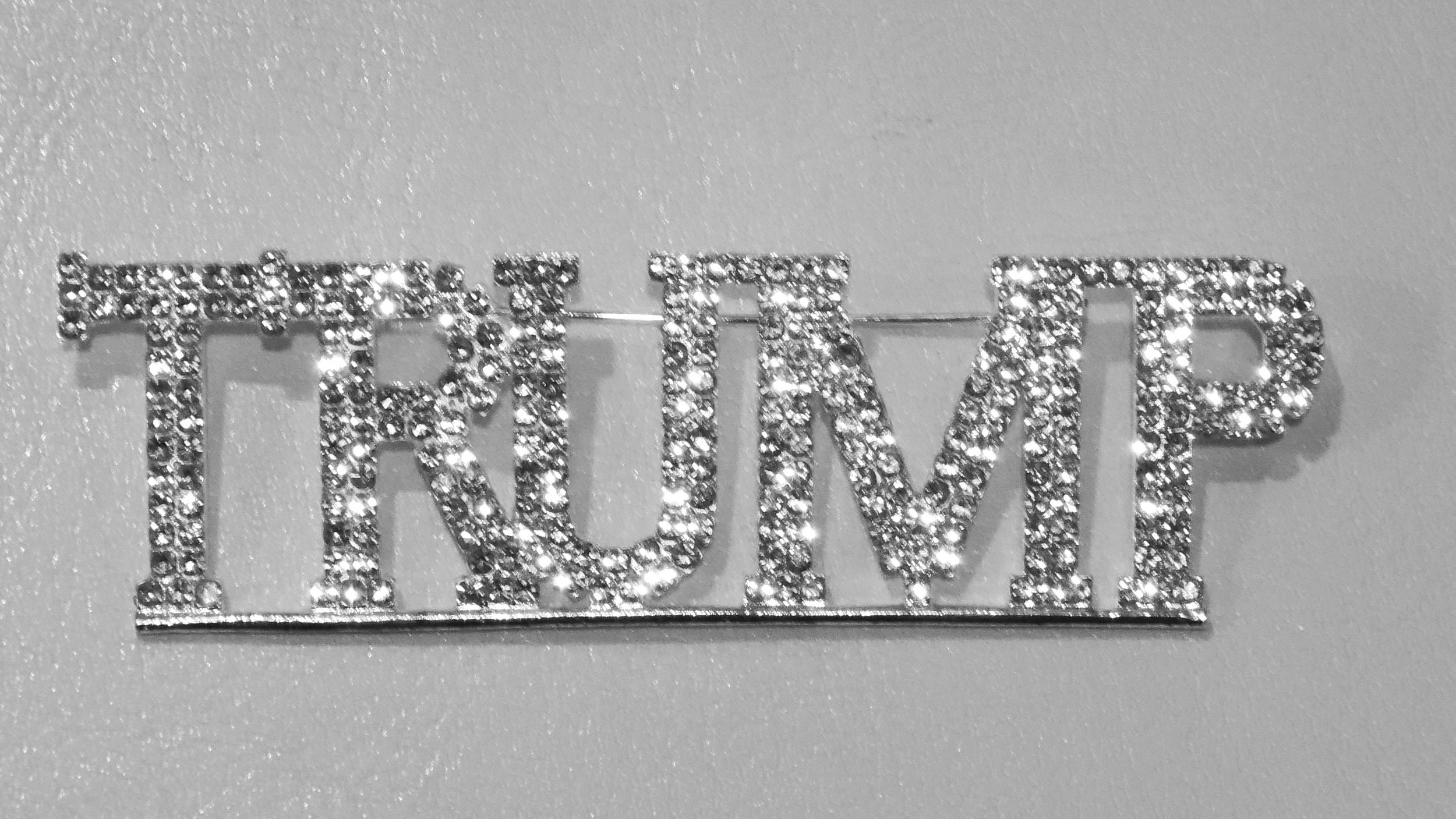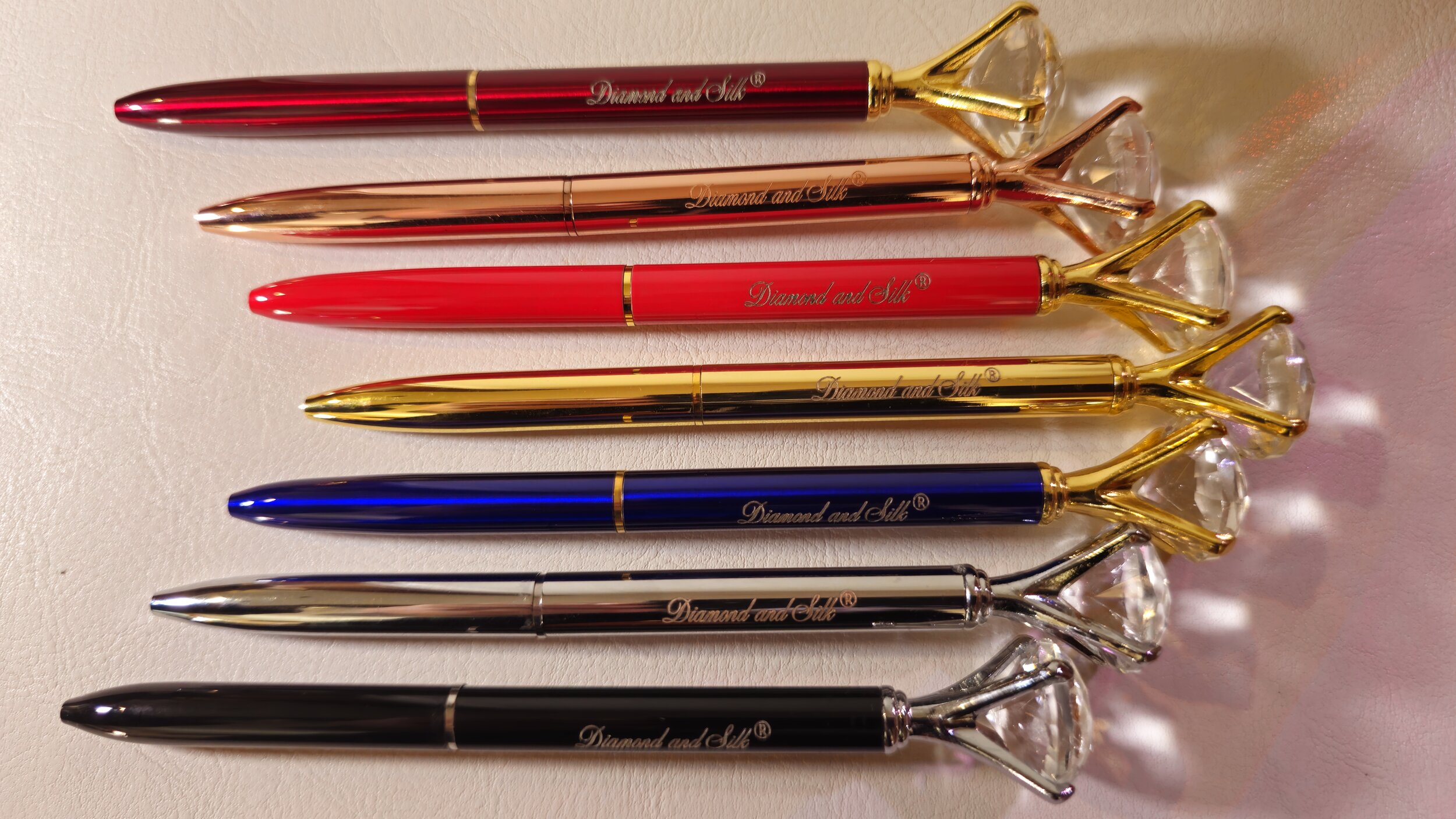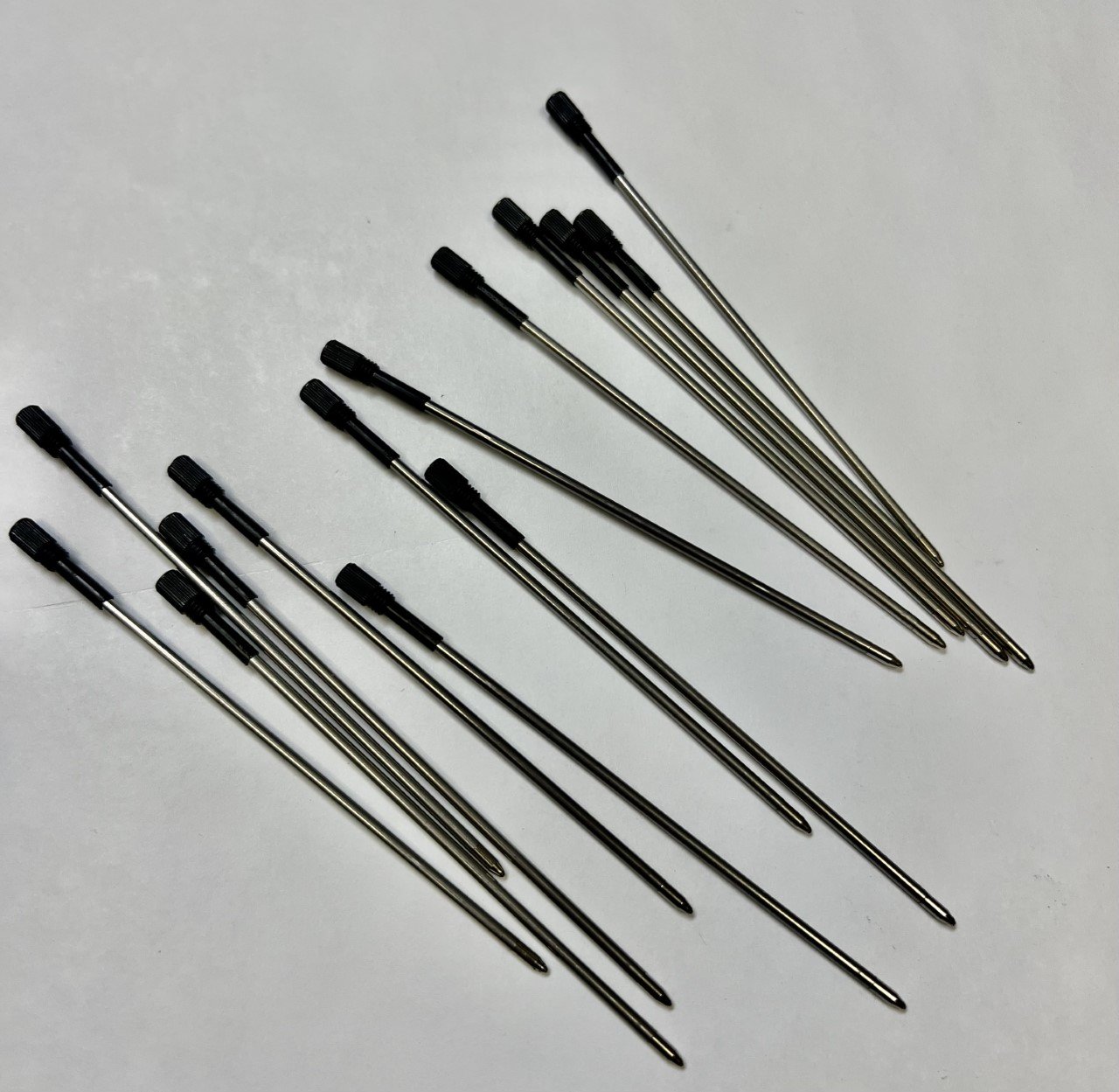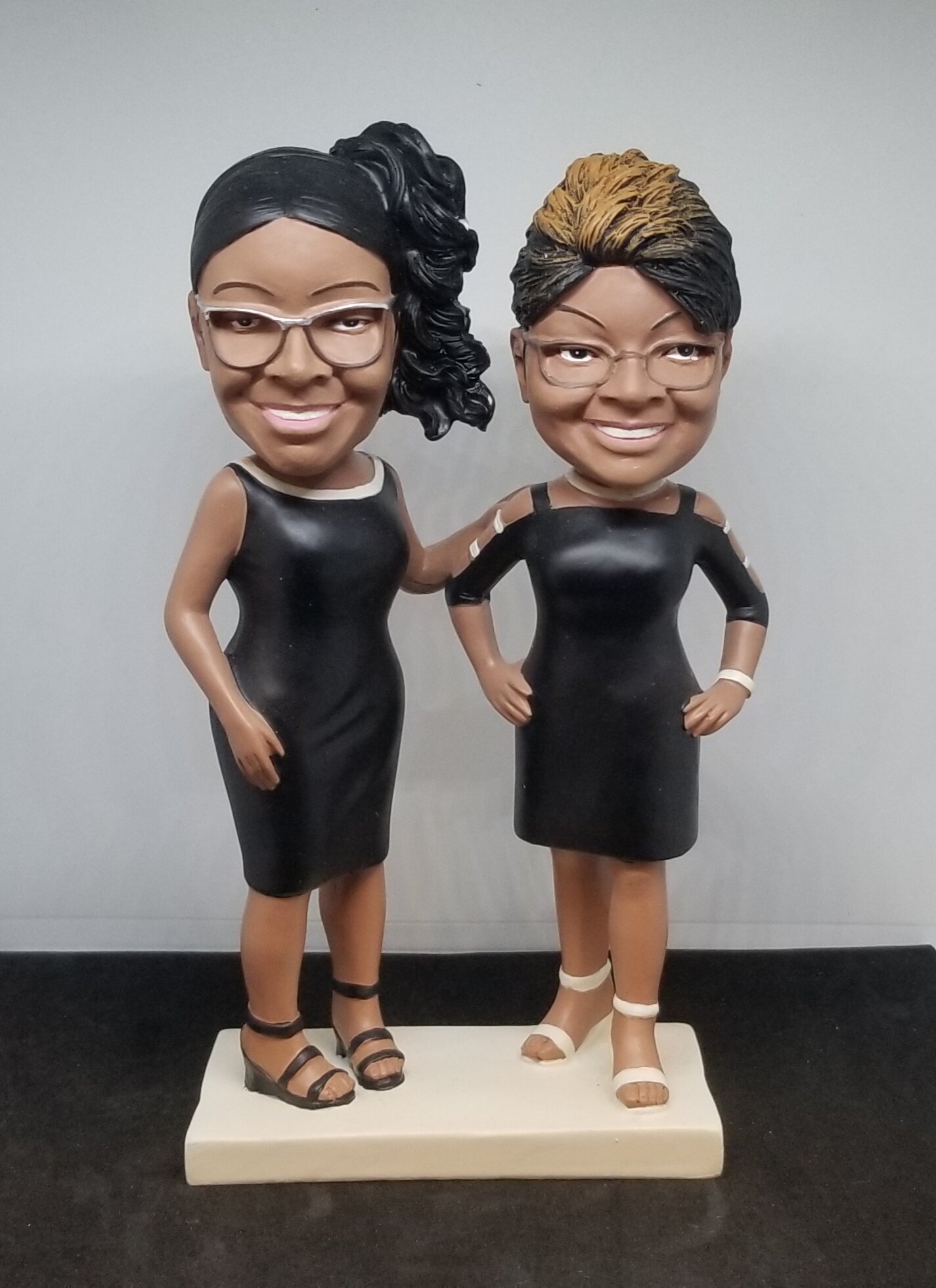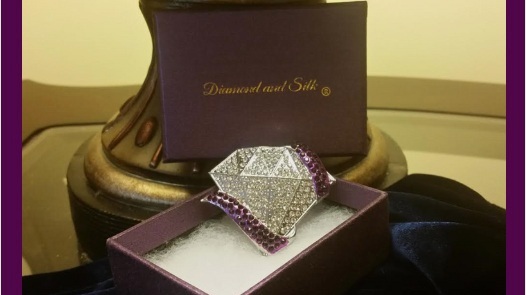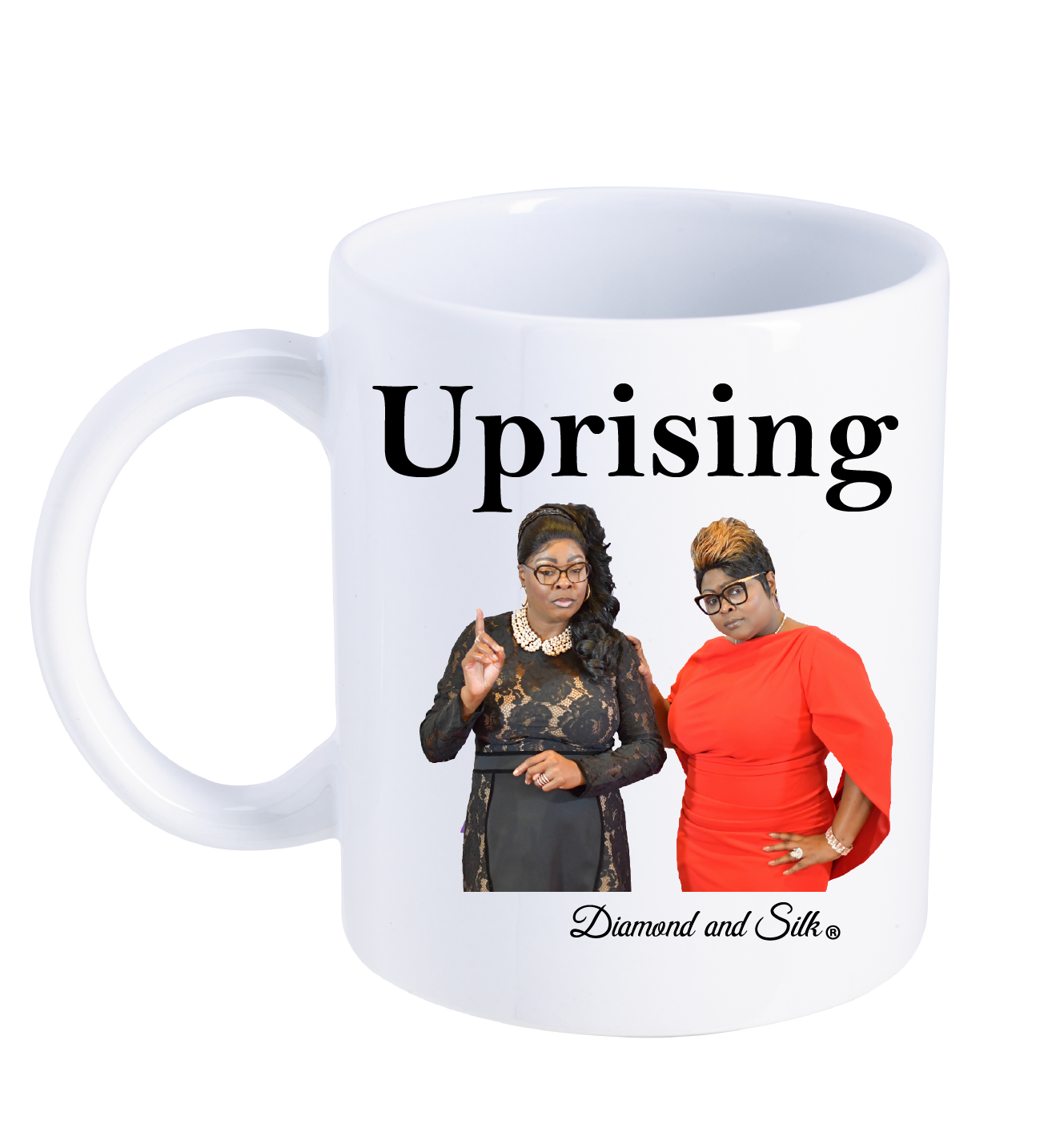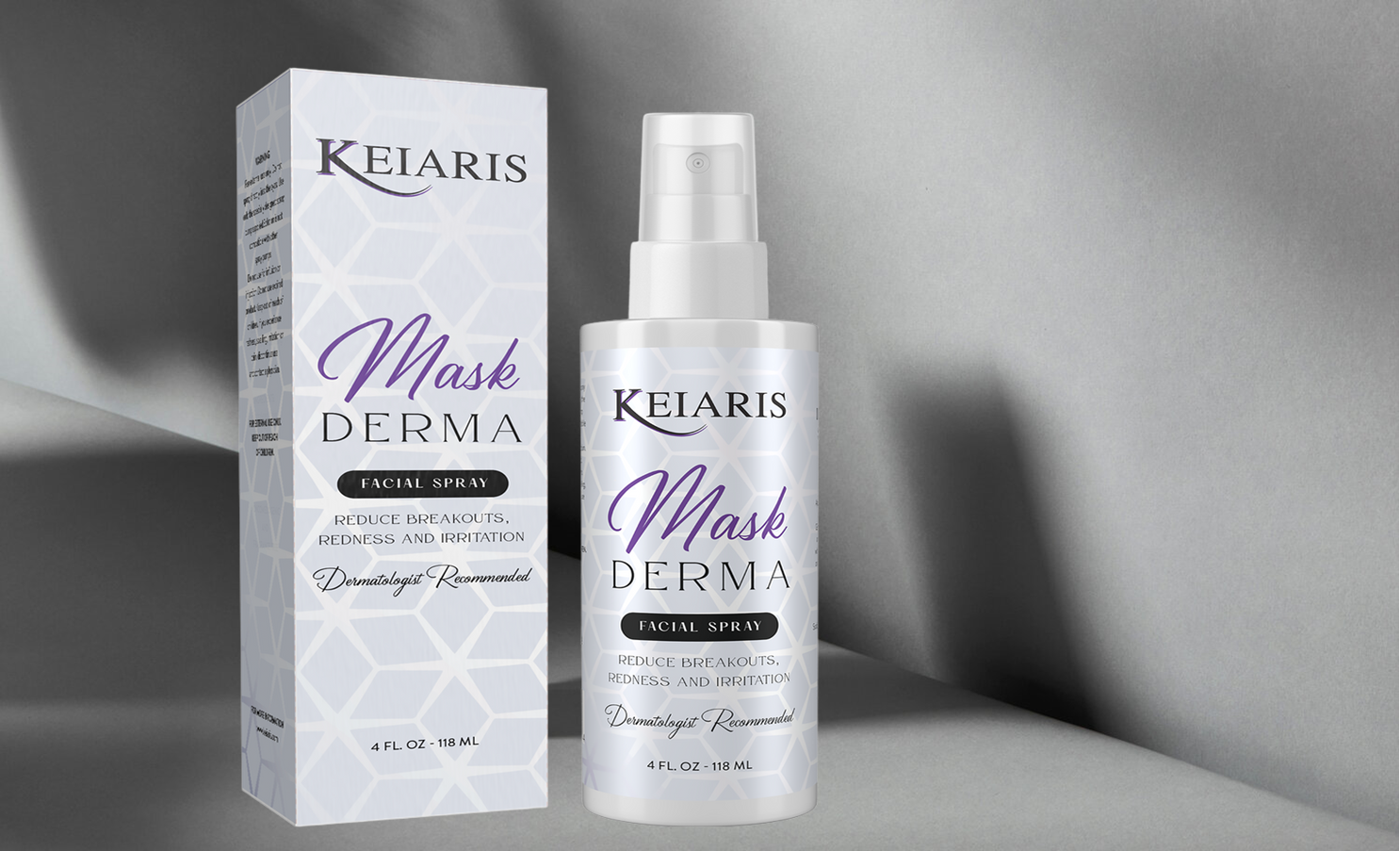Will New York’s Appeals Court Overseeing President Trump’s $464 Million Fraud Case Finally Come Clean?
The state's civil fraud case against president Trump, which resulted in a $464 million judgment against him and his company, seemed unsettling to a New York appeals panel on Thursday.
The five-judge bench on the Appellate Division, New York's intermediate appeals court, questioned whether any limitations applied to the legislation that New York Attorney General Letitia James invoked against Trump during arguments that lasted more than an hour.
According to the statute, companies that "repeated fraudulent or illegal activities or otherwise indicate persistent fraud or illegality in the carrying on, conducting, or transaction of business" are subject to broad state prosecution powers.
“How do we draw a line, or at least put up some guardrails, to know when the AG [attorney general] is operating well within her broad — admittedly broad — sphere … and when she is going into an area that wasn’t intended for her jurisdiction?” Justice John Higgitt asked.
In February, a lower court determined that in order to obtain tax and insurance benefits, Trump, the Trump Organization, and high-ranking executives—including two of Trump's sons—falsely altered Trump's net worth on crucial financial records.
In addition to many additional fines, he ordered them to pay a total of $464 million, with interest, of which $454 million is payable by Trump alone. Interest on the judgment had exceeded $24.7 million as of Thursday, making the total amount above $489 million. That amount will keep rising until Trump makes the payment.
Attorney for Trump, D. John Sauer, argued before the panel that the state's case was brought too late and that such a "crippling" financial penalty should not be based on decades-old financial statements. Sauer represented the former president before the Supreme Court in his challenge to presidential immunity.
Sauer also restated the claims made during the trial, namely that banks had investigated and discovered no fraud and wished to collaborate with the Trump Organization.
According to Sauer, "They did their own due diligence." "We did not rely on the numbers; everything we did was independent," is the uncontradicted testimony found in the summary judgment record.
The state's argument was made by Judith Vale, New York's deputy solicitor general, who claimed that the attorney general had "wide" authority under the law. However, two judges interrupted her to inquire as to whether the state had before sued "equally sophisticated partners" in this way.
Justice David Friedman remarked, "Because I have gone through the case that you have given, and it encompassed protection of the market—it involved consumer protection component."
For Trump, the stakes in the debates were enormous. The former president's fortune and economic empire, which support his presidential character, would be severely damaged if the panel upholds the lower court's decision.
Visit http://SupportDiamondandSilk.com to Become a Monthly Supporter.
Stay Connected to Diamond and Silk: ChatDit, Frank Speech, GETTR TruthSocial and Rumble

